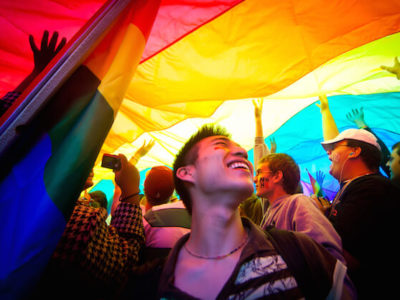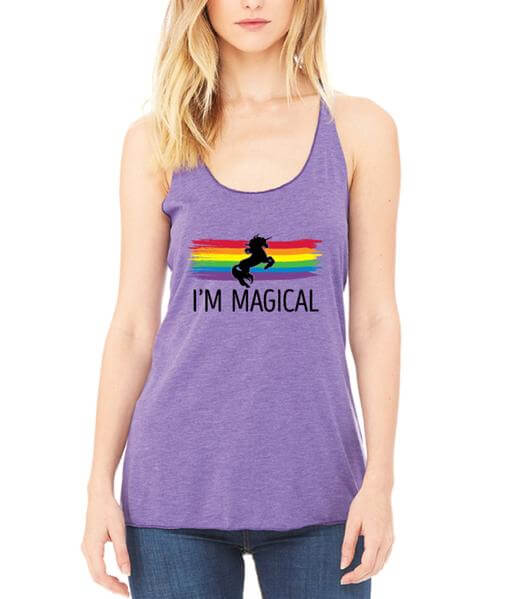UF has a long history of fighting for LGBTQ+ rights. In the early 1980s, students formed the University of Florida Lesbian and Gay Society (UFLAGS), but they were constantly harassed and forced out of their office space. Several of those members later formed the Gay and Lesbian Student Union (GLSU). In 1989 two Deans formed the Planning Committee on Sexism and Homophobia, and in 1991 GLSU was welcomed home. Ever since then, UF has been committed to including LGBTQ+ students in their Non-Discriminatory Policy and creating a safe and inclusive campus environment. Today, students know that part of going to college can include exploring your sexuality. That exploration can be challenging, though, if you don’t have the right support or resources. I love that at UF, every gator truly counts. I’m sure fellow gators might roll their eyes at this statement, but it’s amazing how much effort faculty, staff and students put into making it true.
1. Office of LGBT Affairs
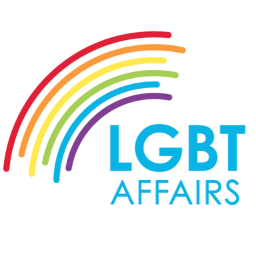
LGBT Affairs is your hub for all things LGBTQ+, located in suite 2210 in the Reitz Union, also known as the Rainbow Suite. “The Rainbow Suite is spacious, perfect for student usage, as well as programs. We are embedded within our colleagues in Multicultural and Diversity Affairs, so the space is very intersectional and dynamic,” said Director of LGBT Affairs LB Hannnahs. The organization aims to support LGBTQ+ students and educate UF, as well as the city of Gainesville. “Recently we have been working with the student information system to try and offer a preferred name option so that students, especially transgender students, can have their preferred name on places like the class roster and E-learning,” said Hannahs.
2. Discussion Groups

Sometimes you just need to talk it out. Venting your feelings with your peers, especially those who experience similar situations, can clear your mind and make friends in the process. Some discussion groups include New to UF for new LGBTQ+ UF students, Queer Women Empowerment Network (QWEN), which focuses on women’s issues within the LGBTQ+ movement and The Black Queer Collective (BQC) which tackles the tensions of being black and part of the LGBTQ+ community. For information about these discussion groups and more like them, check this out.
3. Student Organizations
Multiple student organizations focus on maintaining an open and safe campus, providing support and awareness, and advocating for LGBTQ+ rights. Some of these organizations are very specific to communities within UF. For example, OUTLAW is part of UF’s Levin College of Law, OUTGrad is a group tailored for the needs of LGBTQ graduate students, and oSTEM encourages the participation of LGBTQ+ individuals in science related fields. Learn more about other student organizations here.
4. SPILL: Queer Arts Magazine
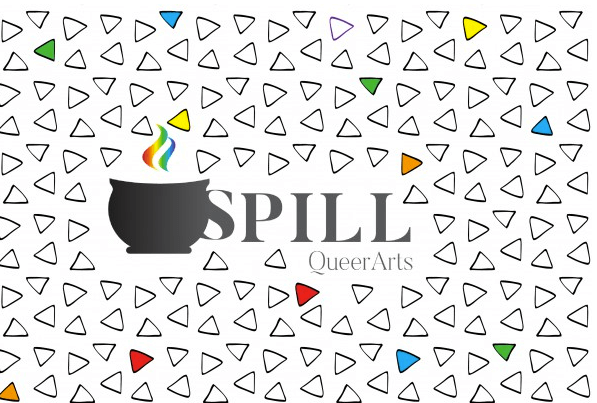
SPILL developed Fall of 2015. Editor-in-chief, Zoey McShane, described SPILL as the only resource that truly reflects the life experiences of LGBTQ+ students. “[LGBTQ+ students] can’t go somewhere and pick up a magazine [and] say. ‘Okay, I relate to these stories,’” said McShane. “[A] lot of people feel like they don’t have an outlet to talk about their lived experiences, so we let people send in anything they want that they think is an expression of themselves, even if it’s not queer related.” This is the only Queer literary magazine in the country and it’s completely run by UF students. The magazine accepts literary and art pieces year round, and you don’t need to attend UF to submit. At the end of every semester they publish a print copy for sale but it’s also available online for free.
5. LGBTQ Partnership Legalization Departments
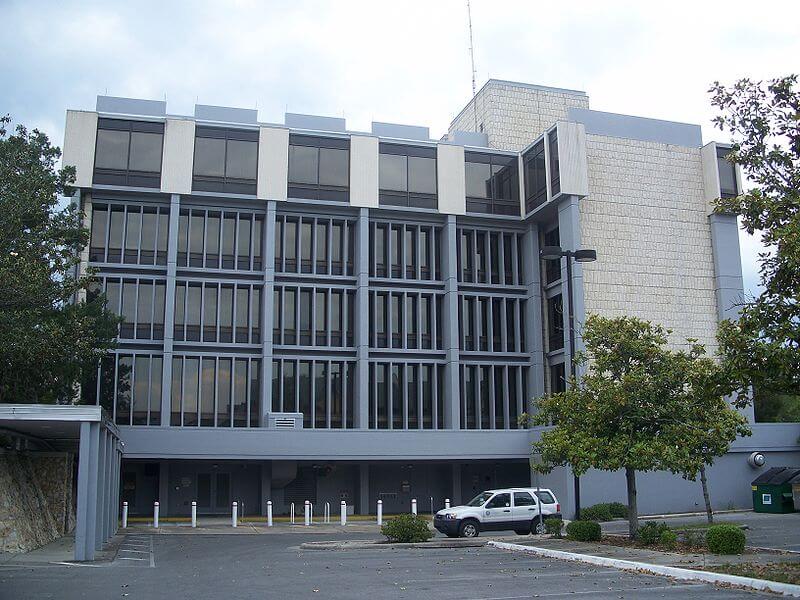
Perhaps you found the one. You’re head over heels in love and cannot wait to tie the knot. Well UF has your back. The university recognizes same-sex domestic partnerships and marriages. The LGBT Affairs webpage has links to the departments that help legalize these partnerships. The process to legalize a domestic partnership requires the couple to fill out paperwork either at home or at Gainesville City Hall. The paperwork must be physically submitted, signed by both partners and notarized. Notarization is available without charge in the Office of the City Clerk. Obtaining a marriage license must be done through Alachua County’s Clerk of the Court.
6. Lavender Graduation
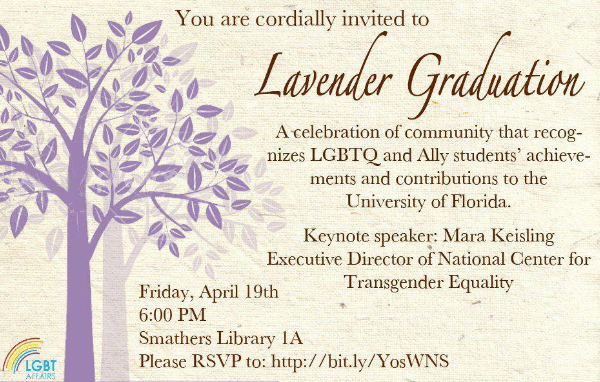
As a graduating LGBTQ student, you accomplish so much more than the completion of your degree. You made an important self discovery, became part of a community and made a commitment to defending your freedom to live as a LGBTQ. It’s time to celebrate! UF offers the Lavender Graduation which happens in mid-April (so you don’t even miss your actual graduation). This event celebrates and recognizes the community, as well as the major contributions made by on and off-campus partners that improved campus life regarding LGBTQ+ challenges.
7. LGBT and Allied Alumni Association
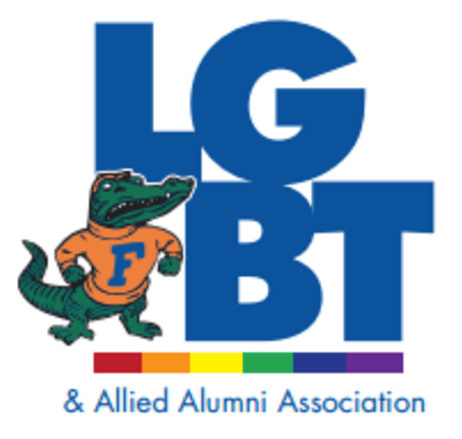
Once a gator, always a gator. The LGBTAAA commits itself to connecting all LGBT gators, past and present. You’ll get to attend mixers and regional pride festivals, as well as have an alum as a mentor. One mixer was held this past April after Lavender Graduation at University Club, a popular gay bar. The association also offers two scholarships LGBTA Alumni Association Scholarship and LGBTA Alumni Association Intern Scholarship.
8. National Coming Out Day at the Plaza of the Americas
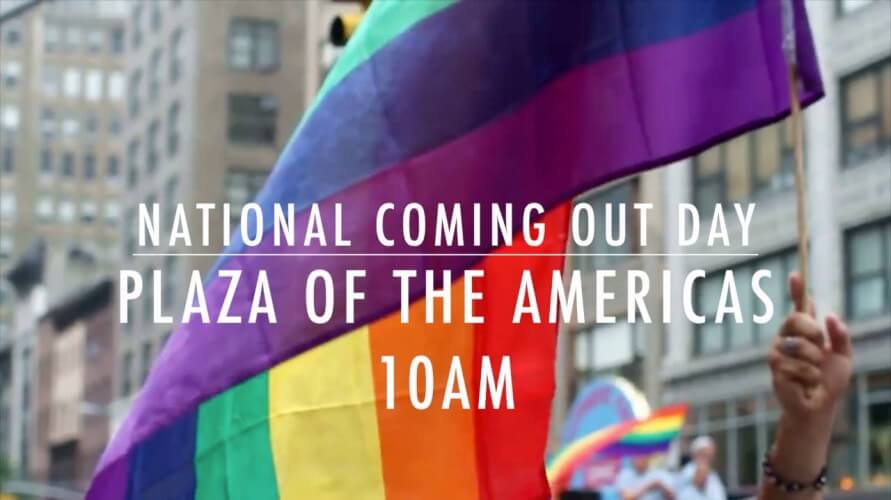
Maybe joining organizations and discussion groups isn’t your thing, but you still want to meet people that share your identity. Meet at the Plaza of Americas from 10 a.m. to 2 p.m. on October 11 for their annual National Coming Out Day celebration. UF senior Tessa Arthur shared, “It’s such a public place where so many people go, that people can sort of understand the intricacies of coming out and how hard it can be for LGBT people.” With activities that commemorate LGBTQ+ history and confront both the positive and negative experiences of LGBTQ+ life, NCOD is the perfect event to meet and share stories with open-minded individuals.
9. Tamara Cohen LGBT Resource Library
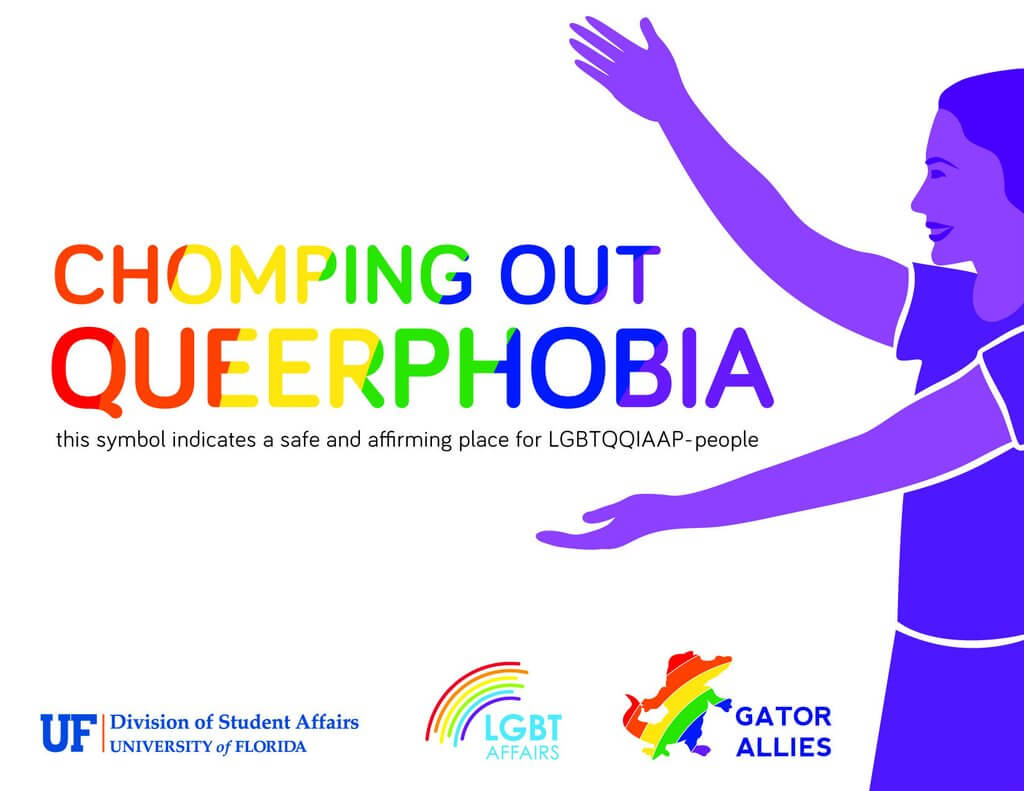
How much is there to know about LGBT life? “I’ve done programs out on the Plaza where we… ask you to map your identity, and a lot of people have no idea what most of the terms that we’re using mean. A lot of people aren’t knowledgeable about specifics and don’t really get out of their bubble unless they go out of their way and expose themselves,” said Arthur. Fellow gators let’s start educating ourselves. This is a library chock-full of books about LGBT identity, experiences and issues. Grad assistants and directors can help you find exactly what you’re looking for. The library is located in the Rainbow Suite within the Office of LGBT Affairs, open on Thursdays from 10 a.m to 4 p.m. during the summer, and Monday through Friday from 9 a.m to 9 p.m. during fall and spring.
10. The Trans Resource Network
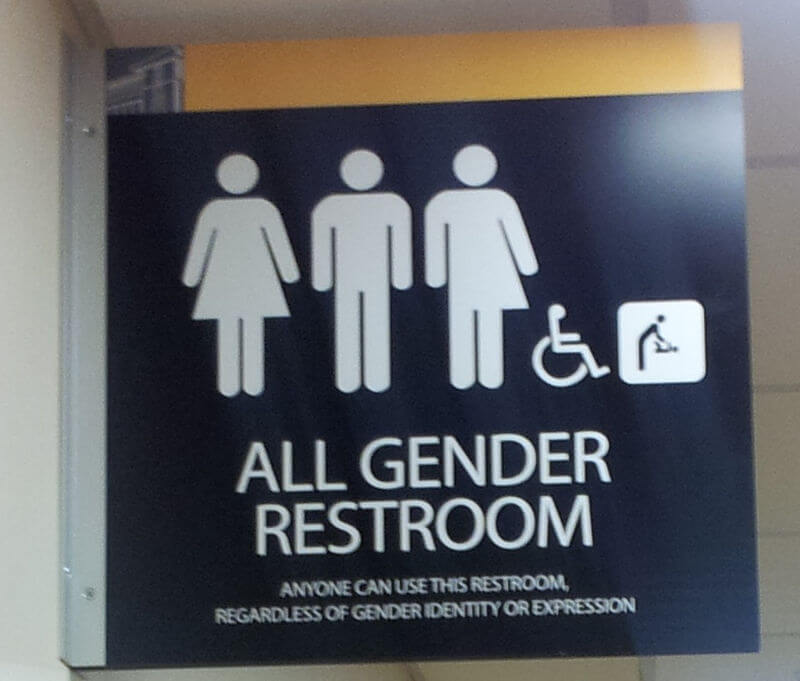
The Trans Resource Network is a campus work group coordinated by the Office of LGBT Affairs and composed of representatives from departments all across UF. They’re committed to understanding and responding to the unique needs of transgender, transsexual and gender non-conforming (trans-identified) students. Their goal is to promote diversity within the trans community and maximize trans-inclusive policies, programming, education and campus resources. Students can get involved by joining the Trans at UF discussion group which meets during the fall and spring semesters at 7 p.m. on Thursdays in the Rainbow Room. TRN’s webpage offers links to necessary documents for identity and name changes, and provides a map of gender neutral restrooms located on UF’s campus.
11. The Counseling and Wellness Center
The Counseling and Wellness Center is your source for advice and encouragement. Despite our seemingly progressive youth culture, homophobia still exists on campus. One senior explained that coming out in a fraternity can lead to getting kicked out and even ostracized by all the members. It’s hard enough for some LGBTQ+ students to sort out their personal feelings, but facing ridicule from peers in the process can make inner peace nearly impossible. Fight against shame by joining in with either of the CWC’s group meetings: LGBTQ Empowerment Group & Trans Empowerment Group.
12. Off-Campus Resources

If you want to get off campus (and who doesn’t every now and then?), try local groups in Gainesville such as Parents, Families and Friends of Lesbians and Gays of Gainesville (PFLAG), TranQuility and the Pride Community Center of North Central Florida (PCCNCF). All of these organizations make it their mission to partner with the families and friends of LGBTQ individuals and strengthening those relationships, so they can collaborate as a community and foster a safer and happier life of LGBTQ members in Gainesville. They offer a variety of meetings that are sometimes discussion-based or have a guest speaker from a medical or educational background.

